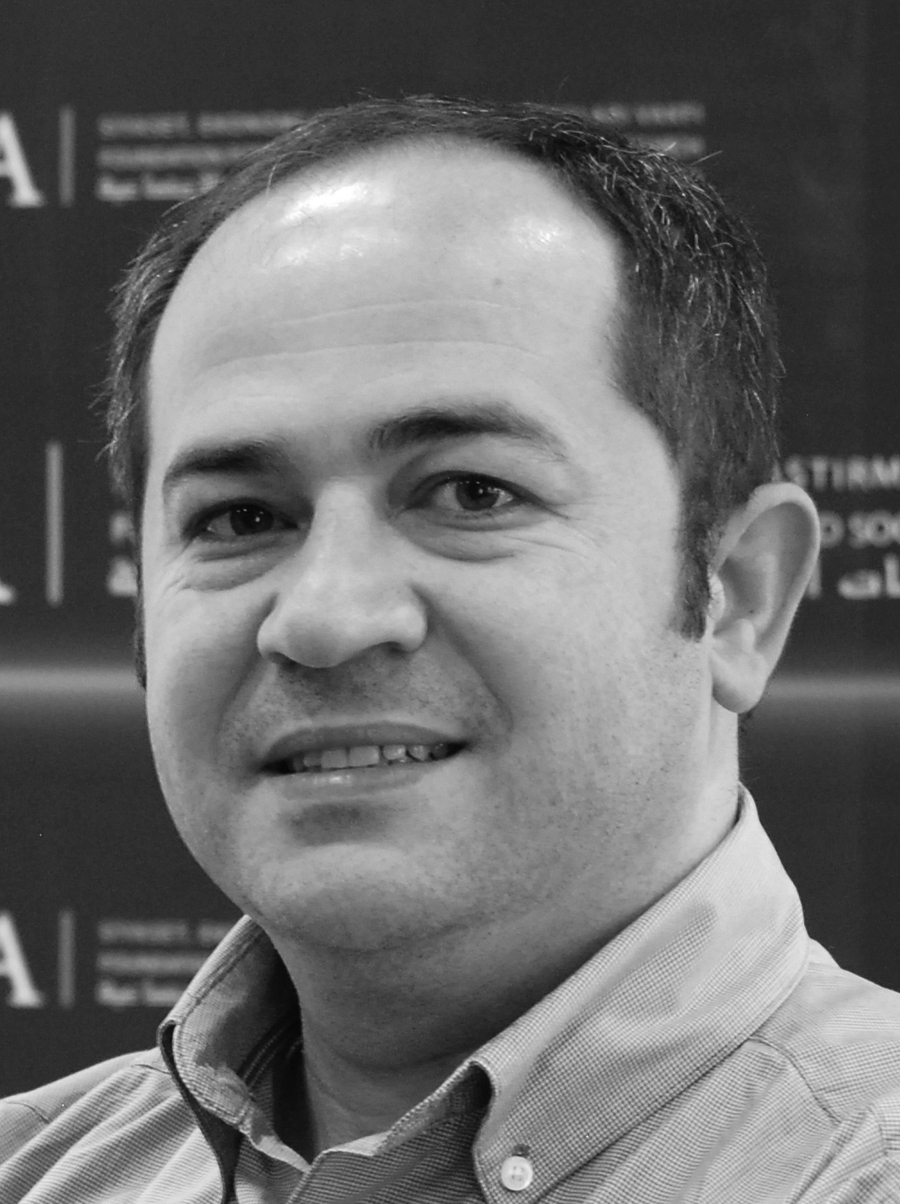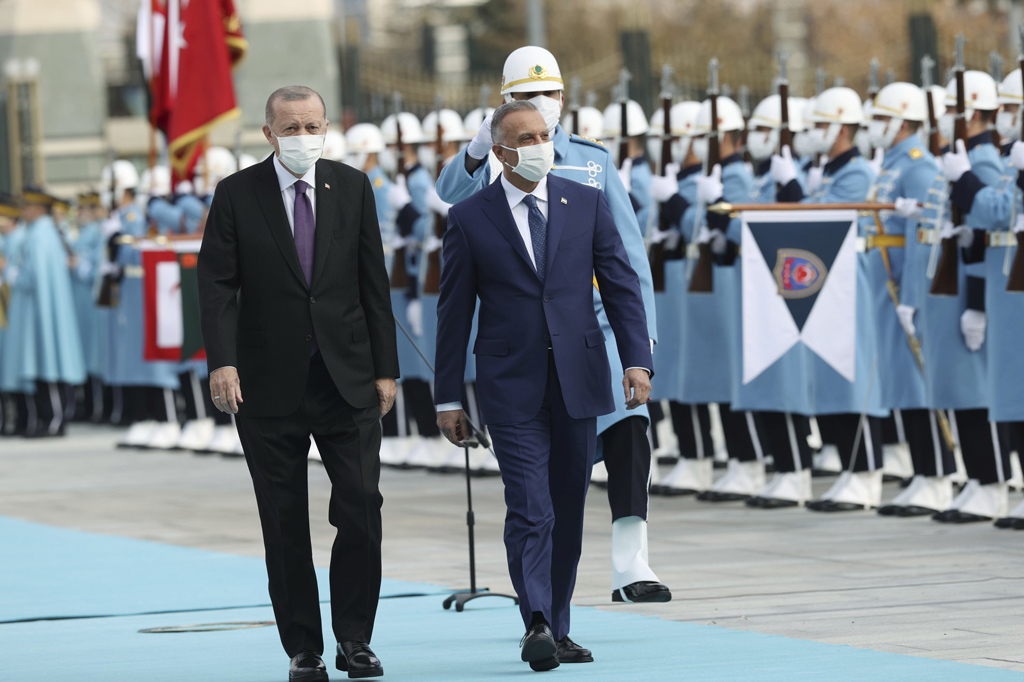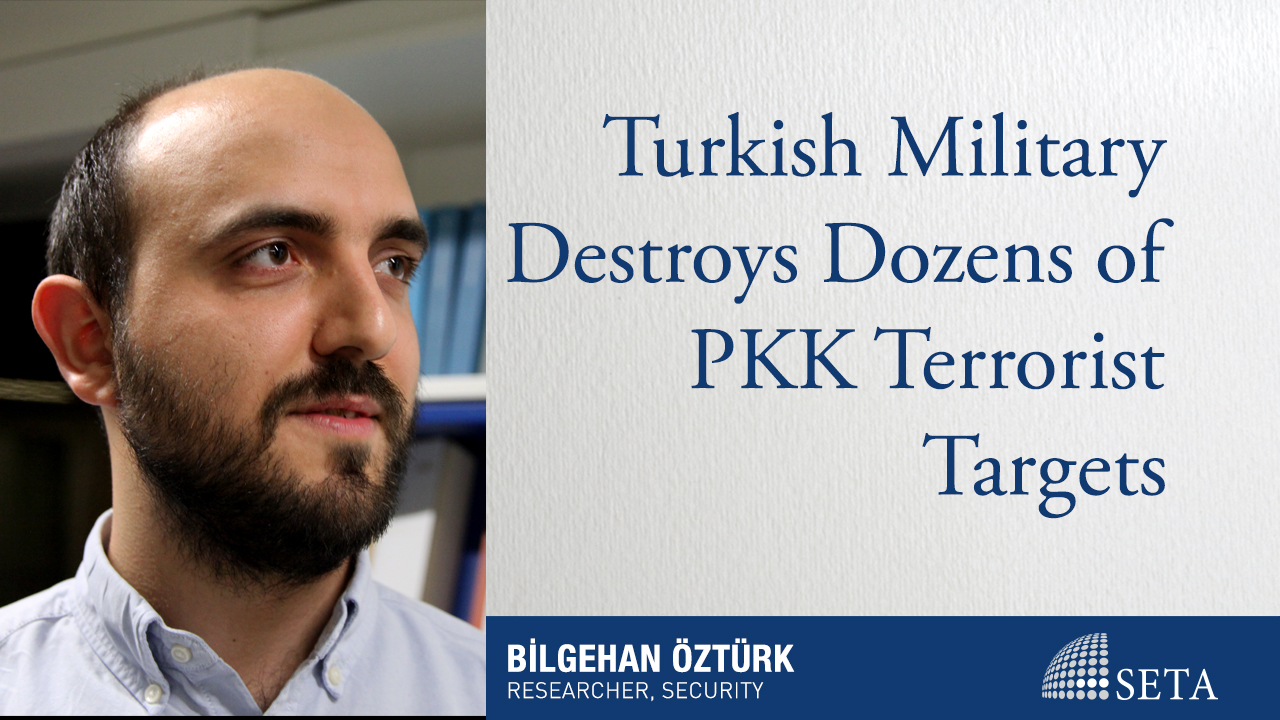The Kurdish peace process gained new momentum as the government introduced a new bill to put legal and political safeguards in place after an extended period of stagnation. Much has been said about the causes of the slow progress, but we should also consider why the talks did not come to a halt. Personally, I believe that the peace process derives its resilience from a lasting alliance in the making with the potential to shape the future.
Kurds and religious Muslims, the biggest victims of the Kemalist nation-building project, are joining forces to democratize Turkey's political system. As the peace process transforms the Kurdish political movement into a democratic entity, both the alliance and the political system's democratization shall remain intact.
The Kemalist elite's nation-building project emphasized secularism and nationalism, and therefore identified two large social groups –Kurds and religious Muslims – as homegrown threats. They used this reasoning as an excuse to introduce an authoritarian guardianship regime.
For years, Kurds and religious Muslims participated in parliamentary politics through the proxy of center-right and center-left parties – until the 1990s, at least, when both groups developed genuine agency. Instead of engaging these actors, the establishment sought to suppress them and wage a senseless war against its own citizens. The conflict worked to strengthen religious and ethnic claims.
In the early 2000s, the Justice and Development Party (AK Party) revisited its platform and rhetoric to make room for democratic politics stuck between the people and the regime. At once, the party alleviated the regime's concerns about so-called reactionaries and won over various pro-democracy groups to launch the most comprehensive restoration process in the Republic's history.
As such, the two main victims of the guardianship regime became politicized around the same time to face the political system. While the AK Party transformed the religious community, turning them into active contributors to the country's democratization, Kurds – for whom the PKK failed to play a similar role – remained on the sidelines. The AK Party thus reconciled the goals of its social base with the broader democratization agenda, as the PKK prioritized its nation-building agenda over building a stronger democracy.
In the struggle between the AK Party and the guardianship regime, therefore, the PKK occasionally sided with the latter. The AK Party-sponsored reforms from 2009 to 2011, like the 2008 Oslo talks, failed to persuade the Kurdish political movement to join the democratization effort. The peace process, in contrast, had the desired effect on the movement and came to represent, first and foremost, a transformation of the Kurdish political movement. Willing to trade guns for politics, the movement now finds itself compelled to reconsider its priorities and alliances, hence the formation of the Peoples' Democratic Party (HDP) and the Democratic Islam Congress.
The Kurdish political movement's transformation into a democratic entity shifts the balance of power in Turkey. Over the past year, the movement remained committed to the talks and refused to side with the opposition in order to make clear where it stands on the broader struggle between change and status quo – and between Turkey, new and old. The victims join together for democratization to expedite the old regime's downfall and the formation of a new order.
[Daily Sabah, July 7, 2014]








